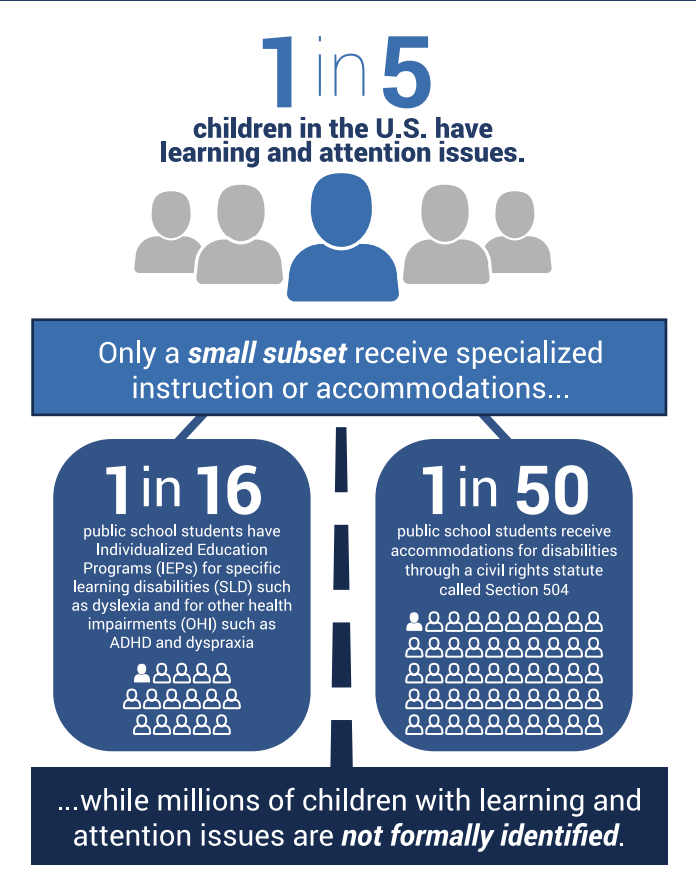
Real Help for Learning Differences
65.6 million students in the US have learning differences or attention issues. You’ve tried everything, and there’s nothing more frustrating than seeing your child struggle. curaJOY provides the in-the-moment personalized therapy solution for your child’s and entire family’s wellness. We give you proven strategies from leading behavioral health experts to improve behaviors throughout the day. Parents discover the root causes of challenging behaviors.
15 – 20 % of the world’s population is neurodivergent!
Understanding Learning Differences
Joy. Love. Isolation. Depression. Amazement. Uncertainty. Commitment. Exhaustion. Frustration. More joy. More love. Sometimes your heart is full, and sometimes it aches or feels numb. If you are the parent of a child with extra support needs, you’re familiar with this rollercoaster. Every day is a new fight to get your child what they need to thrive. Every step forward is accompanied by several steps back.
Neurodivergence refers to the natural variation in the human brain and encompasses a range of conditions, including but not limited to autism, attention deficit hyperactivity disorder (ADHD), dyslexia, dyspraxia, and Tourette syndrome. These conditions are often labeled as “neurodevelopmental disorders” and are characterized by atypical neurological functioning and differences in cognition, perception, and behavior.
🎁 Strengths
Exceptional problem-solving skills: Neurodivergent individuals often think in unique and creative ways, enabling them to approach problems from different angles and find innovative solutions.
Attention to detail: Many neurodivergent individuals possess remarkable attention to detail, enabling them to identify patterns, analyze complex data, and excel in specialized fields.
Deep focus and perseverance: Neurodivergent individuals often exhibit intense focus and dedication to tasks they find engaging, allowing them to achieve extraordinary levels of expertise in their areas of interest.
😣 Challenges
Social and communication difficulties: Some neurodivergent individuals struggle with social cues, nonverbal communication, and building and maintaining relationships.
Sensory sensitivities: Certain environments, sounds, or textures can be overwhelming for neurodivergent individuals, leading to sensory overload and increased anxiety.
Executive functioning deficits: Difficulties with executive functions such as organization, planning, and time management may impact academic performance and daily routines.
Whole-Family Wellness
curaJOY delivers the very best of proven, evidence-based therapies like applied behavior analysis, cognitive behavior therapy, somatic psychotherapy, acceptance and commitment therapy, and more — virtually, in the comfort and privacy of your own home, on your own time, with the methods that work best for you. Assisted by artificial intelligence from content created by licensed psychologists and board-certified behavior analysts, your virtual therapist is constantly adjusting so that you get the maximum benefit, on your terms, without the scheduling hassles and time-consuming trial and error.
Autism: A Unique Perspective
Autism Spectrum Disorder (ASD) is a neurodevelopmental condition that affects social interaction, communication, and behavior. Individuals with autism possess unique strengths such as exceptional attention to detail, heightened pattern recognition, and intense focus on specific interests. Many autistic individuals excel in science, technology, engineering, and mathematics (STEM) fields. However, social communication and sensory sensitivity challenges may impact their educational experiences and everyday life.
ADHD: Harnessing Energy and Creativity
ADHD is a neurodevelopmental disorder characterized by attention, hyperactivity, and impulsivity. While individuals with ADHD may struggle with tasks requiring sustained focus, they often display remarkable creativity, out-of-the-box thinking, and high energy levels. Their ability to multitask and think rapidly can be an asset in dynamic work environments. However, organization, time management, and impulsivity can pose challenges in academic and professional settings.
You might struggle with challenging behaviors because your child’s ability to fully communicate their needs is limited. Sensory, feeding, self-care, and other challenges might inhibit your child’s social opportunities and your entire family’s participation in your community. Many families simply wish to be able to eat a meal together, go to the park, attend family gatherings, and so many other pieces of daily life that others take for granted.
If your child or teenager:
- is on a waitlist for a diagnostic evaluation, functional behavior assessment, or to start in-person services
- did not qualify for support services, but could still benefit from social-emotional and behavioral support
- had services that were affected by clinic closures or lack of staff, or you found the services unsuitable/ineffective
- “aged out”, wasn’t able to access social skills groups, or was exited from a program due to lower support needs
… then let us help your child/teen and your entire family.
Because ABA currently has substantially more scientific support than any other behavioral or educational intervention for children with ASD, ASAT recommends that families and professionals strongly consider implementing ABA and be cautious about other approaches. ASAT further recommends that professionals describe other behavioral and educational interventions as untested and encourage families who are considering these interventions to evaluate them carefully.
The Association for Science in Autism (ASAT)
Thirty years of research demonstrated the efficacy of applied behavioral methods (ABA) in reducing inappropriate behavior and in increasing communication, learning and appropriate social behavior.
Empower your child with lifelong skills
Social-emotional skills like resilience and interpersonal communication are the biggest predictors of success in life. Community supports like schools, social services, and healthcare providers cannot provide all of the assistance a family needs to bolster their emotional wellness.
Therapies are difficult (and sometimes impossible) to obtain and maintain. Service recommendations may exceed your comfort level and intrude on precious family time. Traditional treatments like ABA and counseling can be immensely effective, but they cannot provide moment-to-moment support to help you and your child meet their goals faster and more confidently. If you’re receiving support services or don’t think they’re helping, you may not have any alternatives due to unprecedented staffing shortages in behavioral healthcare. Depending on the treatment intensity, the cost of ABA therapy, ranging from $62,000 to $250,000 annually, is prohibitive for most families.

